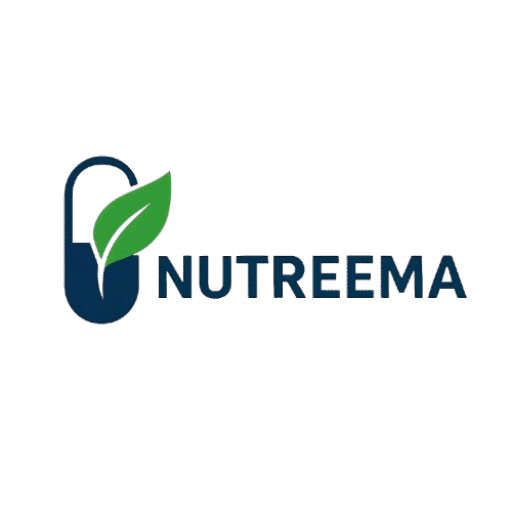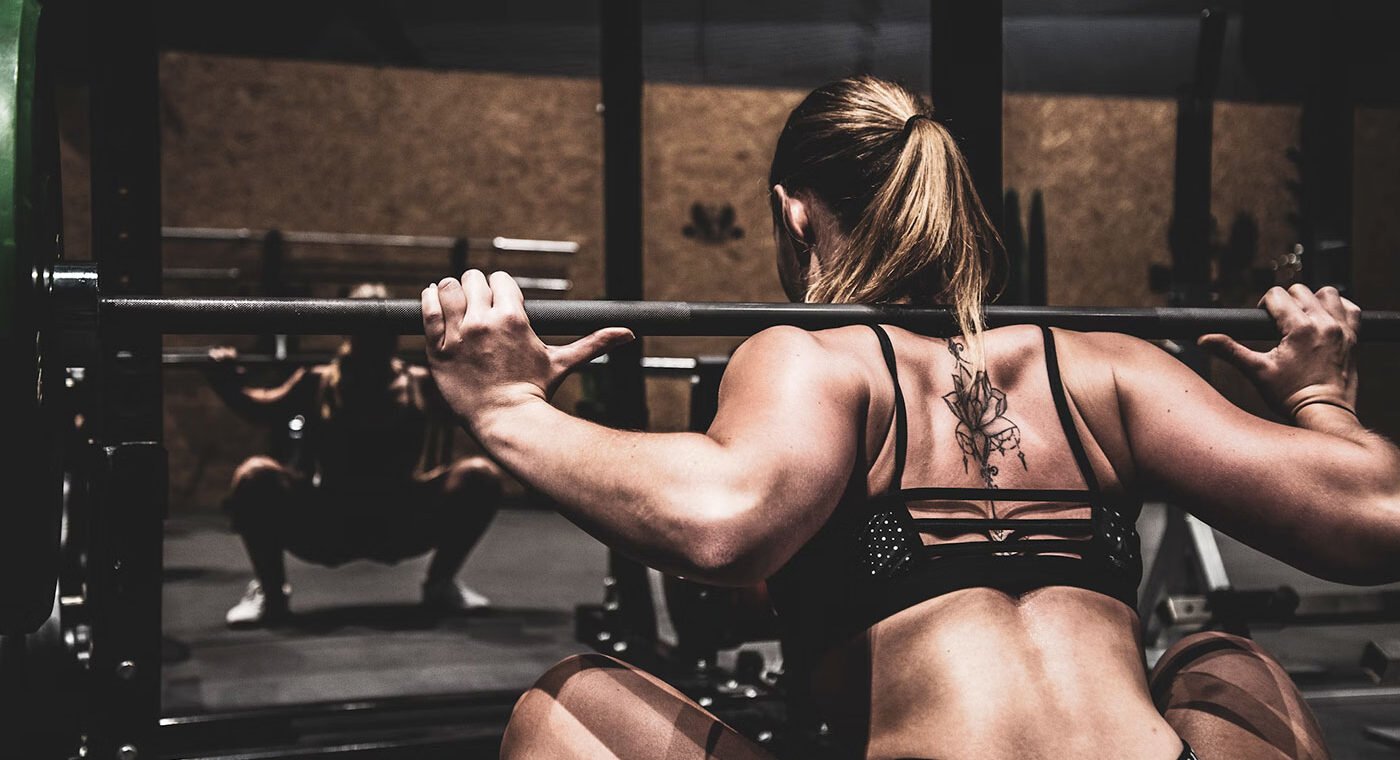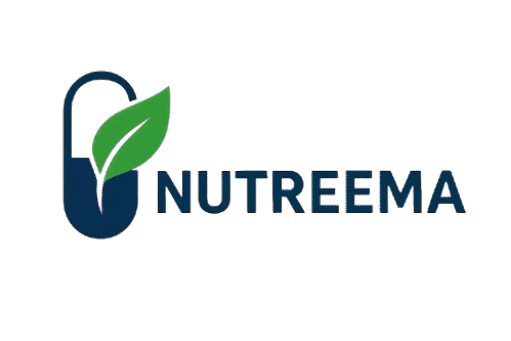Protein supplements have become a staple in fitness and wellness routines, but are they truly necessary—or even safe? This comprehensive guide examines the science-backed benefits, potential risks, and how to use protein powders wisely.
The Rise of Protein Supplements
Protein supplements—including whey, plant-based, and collagen powders—are a $21+ billion industry, popular among athletes, busy professionals, and health-conscious consumers. But do they live up to the hype?
Benefits of Protein Supplements
✅ 1. Supports Muscle Growth & Recovery
-
Whey protein (fast-absorbing) boosts muscle protein synthesis post-workout (Journal of the International Society of Sports Nutrition).
-
Casein (slow-digesting) helps prevent muscle breakdown overnight.
✅ 2. Convenient for Busy Lifestyles
-
An easy way to hit protein goals (especially for vegans/vegetarians).
-
Useful for post-surgery recovery or elderly with reduced appetite.
✅ 3. May Aid Weight Loss
-
High-protein diets increase satiety and reduce cravings (American Journal of Clinical Nutrition).
-
Preserves muscle mass during calorie deficits.
✅ 4. Plant-Based Options Improve Accessibility
-
Pea, rice, and hemp protein provide complete amino acids for vegans.
Potential Risks & Side Effects
⚠️ 1. Digestive Issues
-
Lactose intolerance: Whey concentrate may cause bloating (isolate/hydrolysate are better).
-
Plant proteins: Some contain FODMAPs (e.g., pea protein) that irritate sensitive guts.
⚠️ 2. Heavy Metal Contamination
-
Consumer Reports (2018): Some plant proteins had elevated lead/cadmium.
-
Solution: Choose third-party tested brands (NSF, Informed Choice).
⚠️ 3. Kidney Strain (Myth vs. Reality)
-
Healthy kidneys: No evidence that high protein harms them.
-
Pre-existing kidney disease: Excess protein may worsen function.
⚠️ 4. Unnecessary for Most People
-
Many overestimate protein needs—the average sedentary adult only requires 0.8g/kg body weight.
-
Whole foods (chicken, eggs, lentils) often suffice.
Who Actually Needs Protein Powder?
| Group | Benefit | Best Type |
|---|---|---|
| Strength Athletes | Muscle repair & growth | Whey, casein, or pea |
| Endurance Athletes | Prevents muscle breakdown | Whey isolate + carbs |
| Vegans/Vegetarians | Ensures complete amino acids | Pea/rice/hemp blends |
| Older Adults | Counters age-related muscle loss | Collagen + whey or plant |
| Post-Surgery Patients | Speeds recovery | Hydrolyzed whey or bone broth protein |
How to Choose a Safe, Effective Protein Powder
🔍 Look For:
✔️ Third-party testing (NSF, Informed Choice, USP)
✔️ Short ingredient lists (avoid fillers like maltodextrin)
✔️ Appropriate protein content (20–30g per serving)
🚫 Avoid:
✖️ Added sugars (e.g., “mass gainers” with 50g+ sugar)
✖️ Artificial sweeteners (sucralose, acesulfame K—may disrupt gut bacteria)
✖️ Proprietary blends (hides dosages)
Top Clean Brands:
-
Whey: Naked Whey, Legion Athletics
-
Plant-Based: Orgain, Sunwarrior
-
Collagen: Vital Proteins, Sports Research
Protein Powder Alternatives
If you prefer whole foods, try:
-
Greek yogurt (17g protein per serving)
-
Cottage cheese (slow-digesting casein)
-
Lentils or tofu (plant-based options)
Key Takeaways
✔️ Protein supplements help athletes, vegans, and older adults—but aren’t essential for everyone.
✔️ Risks are minimal if you choose quality products (tested for heavy metals, no junk additives).
✔️ Whole foods should be the foundation—use powders to supplement, not replace meals.


